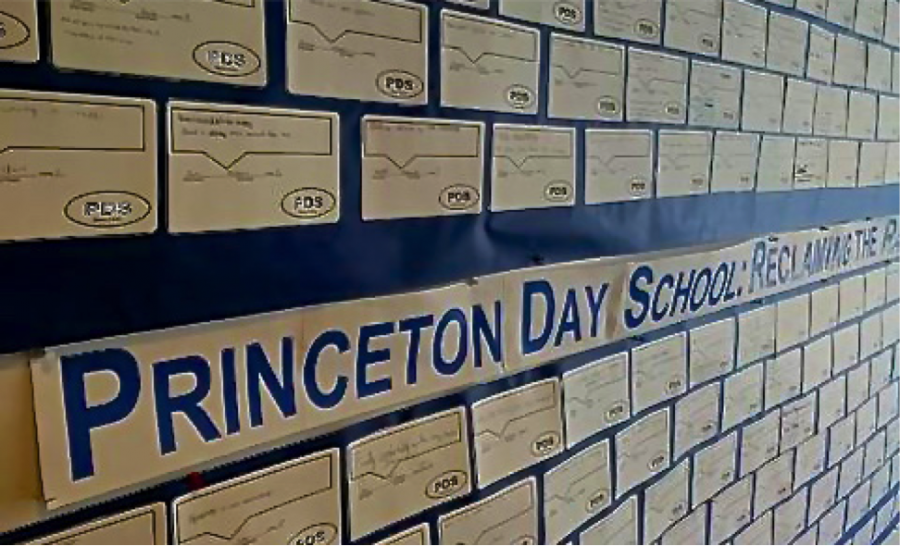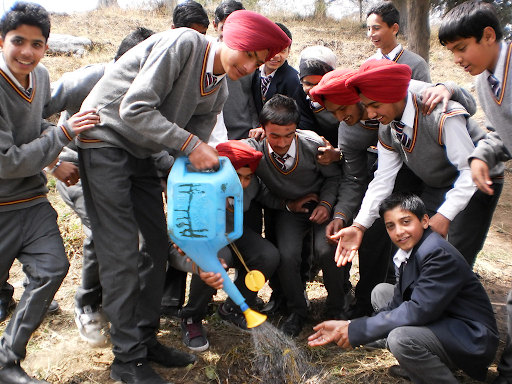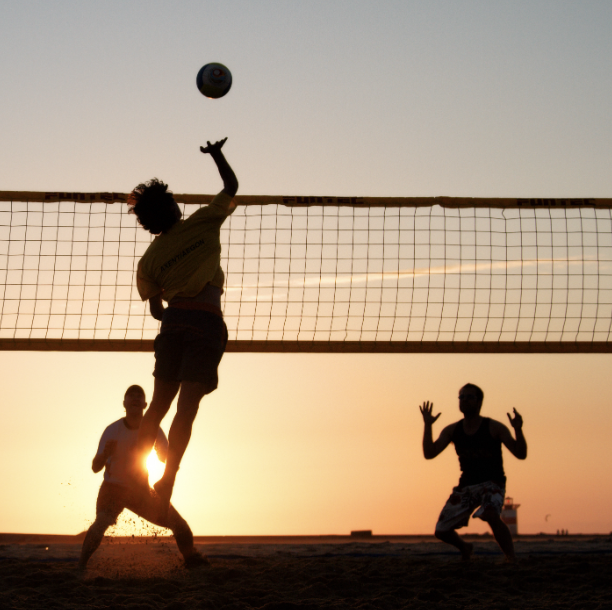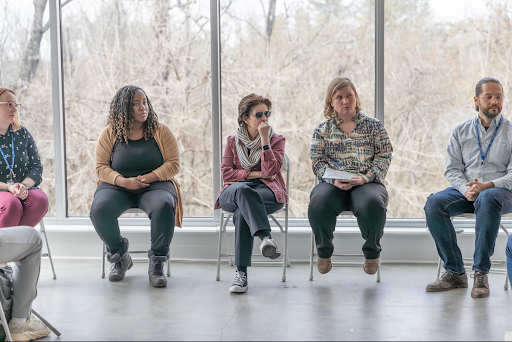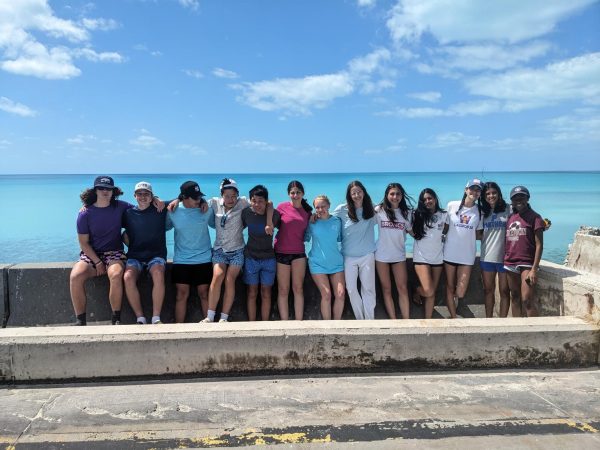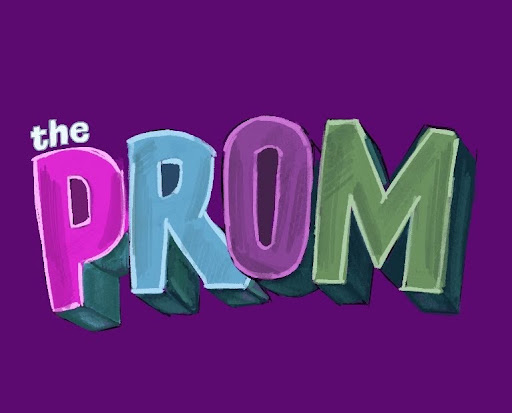PDS Reclaims the Race Card
August 15, 2015
Upon entering Princeton Day School’s main entrance, one is greeted by a lively display of rows of cards. These cards, which were created by students from grades six through twelve, along with faculty, are each filled with six words that center around each person’s relationship with race and its impact in that individual’s life. Beneath these few words, students and faculty were given extra space to describe what they wrote and why. These cards are part of the Race Card Project at PDS, which aspires to promote discussions that are often shied away from. Over sixty percent of the PDS community participated.
Lower School teacher and co-faculty advisor of the Black and Latino Student Union (BLSU) Paris McLean described the intentions behind the project: “I think if you look at the work we’ve done this year, [the Race Card Project] was more intentional than just something ‘done’ … after we showed the American Promise film to the Upper School … it was a way to … put a bow on the year.” He hopes the project will not oversaturate students and faculty but encourage them to be more open to conversation about race. He continued, “When you read those cards out there, whether it’s a seventh grader[’s], a faculty member[’s], or a twelfth grader’s… you can’t help but want to explore and dive in more … so [the project] is encouraging questions about race.”
After the project’s completion, Mr. McLean encouraged the entire PDS community to attend a BLSU meeting, during which BLSU members led a discussion about the impact of the Race Card Project at PDS. At the meeting, students also discussed their favorite cards and why they found them so powerful.
BLSU co-head Senior Sabrina Matlock was touched by the success of the project and meeting. “We talk about the environment and community service a lot, but race isn’t as popular … I think [the Race Card Project] was successful because of the willingness of the community to be honest and open. It hopefully made people feel more comfortable talking about race. Rather than verbally expressing your feelings or experiences you could write it with less fear of being judged,” she said. BLSU co-head senior Zaire Mitchell, another co-head of BLSU, added, “Personally, reading all of the different responses gave me insight into how people identify and how they feel about race. I have learned a lot and I am grateful towards everyone involved who helped start and continue this important conversation.”
Freshman Hallie Hoffman discussed her approach to the project, “I [focused] on how just because my family…believes one thing, I don’t have to live in that shadow. I don’t believe in some of the things that they do, and I don’t think people should associate me with something my family believes in but that I don’t … I think it’s important that no one should have to feel like they have to be what society tells them to be.”
Although the project was a success, the race conversation is far from over at PDS, and Mr. McLean hopes to continue projects like this in the future. Still, many agree that the project was effective in encouraging respectful discussions about race.


